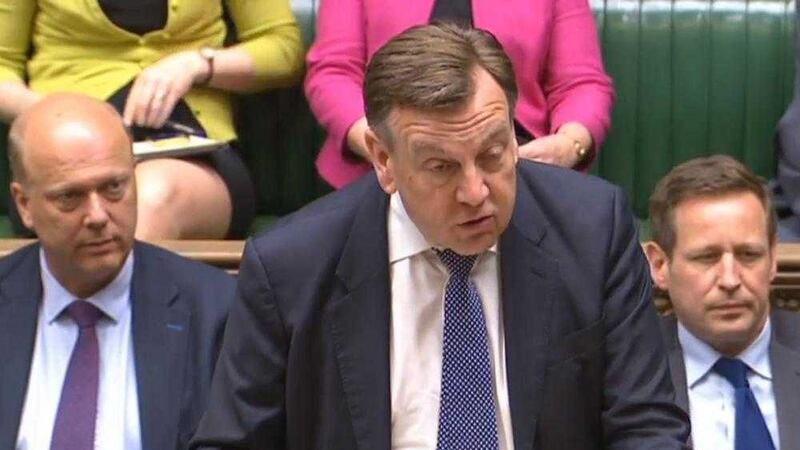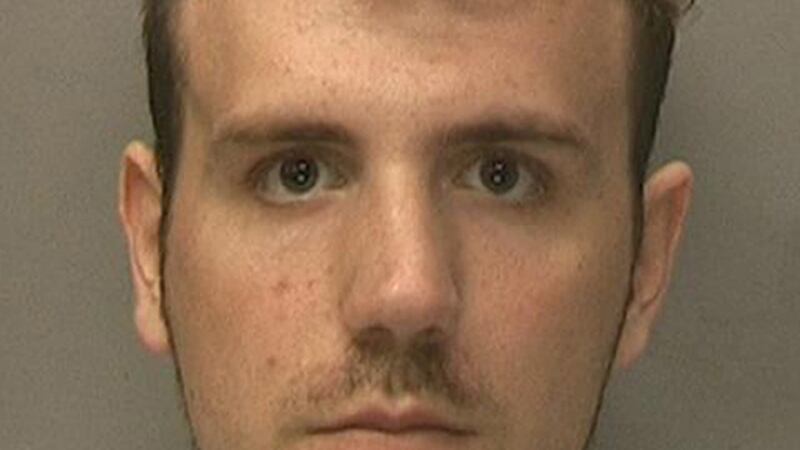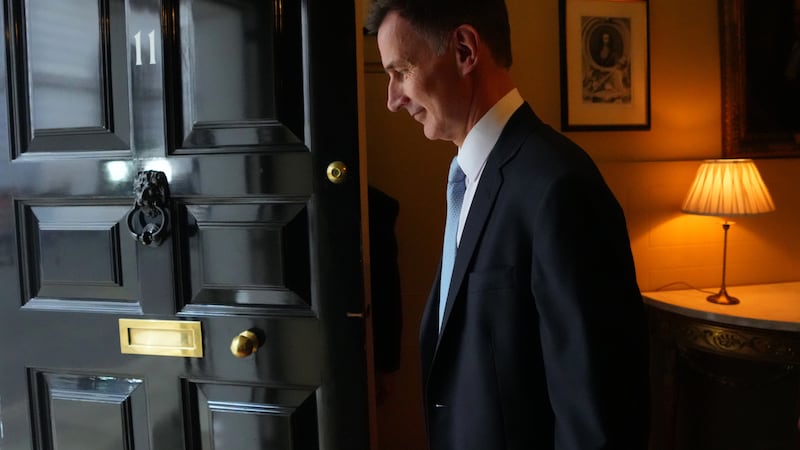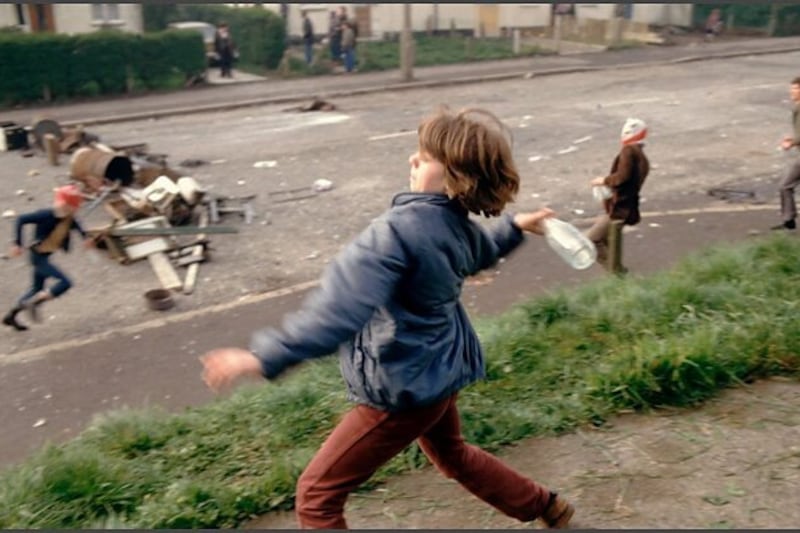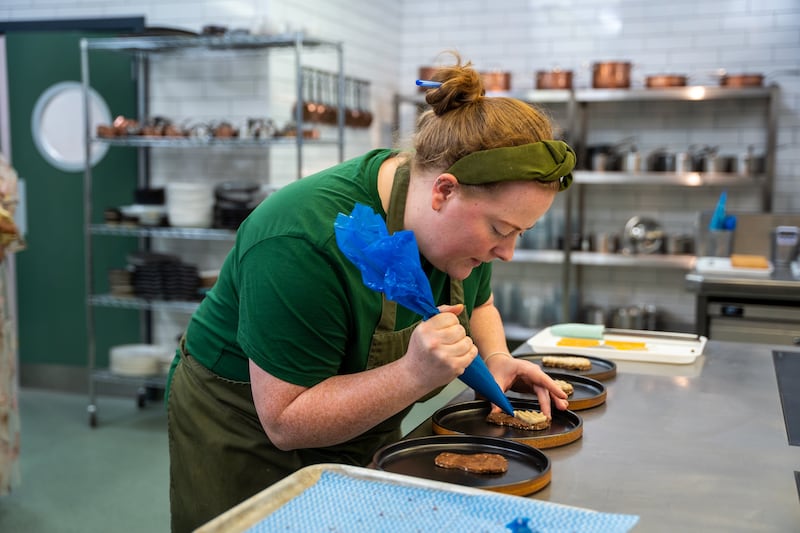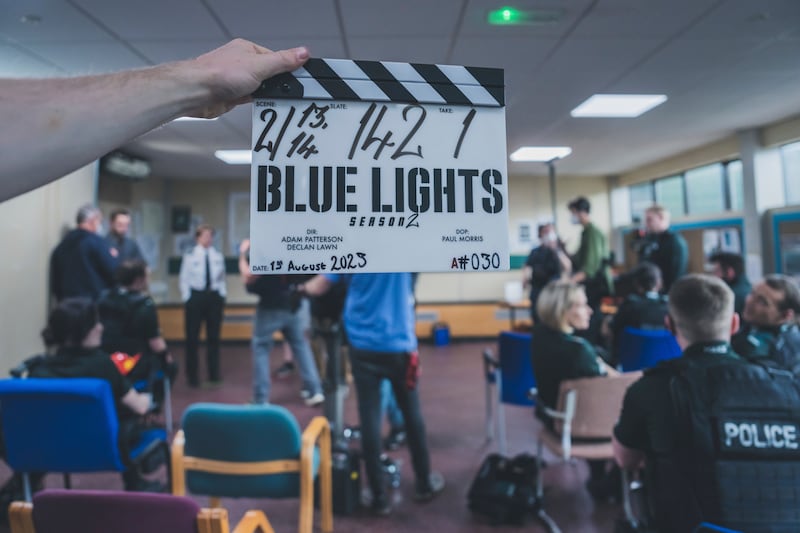Britain's culture secretary John Whittingdale was accused of "ideologically-driven meddling" as he ordered the BBC to ensure it is providing "distinctive content" rather than simply competing for ratings with commercial rivals.
Unveiling plans for a new Royal Charter, Mr Whittingdale said the government was "emphatically not saying the BBC should not be popular".
But Labour's Maria Eagle said Mr Whittingdale's ideas were "totally out of step with the licence fee payers who value and support the BBC".
And BBC director-general Lord Hall said the corporation had an "honest disagreement" with the government over plans for the National Audit Office to scrutinise BBC spending and proposals for appointments to a new board, which he described as "not yet right".
Among the measures announced by Mr Whittingdale is a requirement for the BBC to publish names of stars and executives earning more than £450,000 a year.
The plans set out in a government White Paper will preserve the licence fee, allowing it to rise in line with inflation from its current £145.50 level over the next five years.
For the first time, it will also be payable by people watching BBC programmes online via iPlayer.
While Mr Whittingdale said the licence fee remained the most appropriate funding model for the public service broadcaster, he added it was "likely to become less sustainable" in the longer term and there will be a new settlement after 2021/22.
The BBC Trust will be abolished and replaced by a unitary board of up to 14, with the BBC responsible for appointing at least half of the members and the government no more than six. And for the first time in its 90-year history, the BBC will be regulated by an external organisation, Ofcom.
The new charter, which comes into effect at the end of this year, will last for 11 years, to remove it from the cycle of political elections, but there will be a "health check" on its operation halfway through the period.
The government also wants to open the BBC's programme-making to greater competition by removing the in-house guarantee for all television content spend except news and news-related current affairs.
Speaking in the House of Commons, Ms Eagle said that most of Mr Whittingdale's "wilder proposals" had been "watered down, dumped or delayed" in the final document after he was overridden by the prime minister and Chancellor.
She said: "The BBC already works well with other UK creative industries, with other broadcasters to the benefit of all and [Mr Whittingdale] might be better advised to keep his nose out of this rather than to try and tell them how to do the job that they do on a day-to-day basis.
"He ought to stop his ideologically-driven meddling and let them get on with the job."
BBC director-general Lord Hall said the White Paper "delivers a mandate for the strong, creative BBC the public believe in, a BBC that will be good for the creative industries – and most importantly of all, for Britain".
But he raised concerns over plans for the National Audit Office to scrutinise the BBC's spending, and said that the proposals for appointments to the board were "not yet right".
The BBC wants the chairman and deputy chairman to be appointed by the government through an independent public appointments process, said Lord Hall, adding: "After that, we want a board that is the right size, with the right balance of skills and the right talents, appointed in the right way."
Ms Fairhead said: "We recognise that the government has moved, but we need to debate these issues to ensure the arrangements for the board achieve the correct balance of independence, public oversight and operational effectiveness. We believe there is more than enough time to get this right, and we will continue to discuss this with the Government."
A statement from the BBC said that the proposal that the broadcaster should be regulated by Ofcom with a unitary board was "the right thing to do".
The broadcaster will be required to put greater focus on under-served audiences – in particular those from black, Asian and other ethnic minority backgrounds, as well as from the nations and regions, who are currently less well served.
Mr Whittingdale said: "That will involve the BBC building on its new diversity strategy, maintaining out-of-London production quotas, and ensuring that the BBC continues to provide for minority languages in its partnerships with S4C and MG Alba."
It will also establish a new fund of up to £60 million to create other content that could include programmes for black and Asian audiences, and children's TV, which has seen investment reduce by a fifth since 2009.
The broadcaster will be expected to share its content as widely as possible and will be encouraged to further open up its archive.
On the proposal to open programme-making to greater competition, Mr Whittingdale said: "The BBC already allows up to 50 per cent of its content to be competed for by the independent sector.
"The government now intends that the remaining 50 per cent in-house guarantee should be removed for all BBC content except news and related current affairs output. Unless there is clear evidence that it would not provide value for money, all productions will be tendered."
He said this would open up hundreds of millions of pounds of production expenditure to competition.
Mr Whittingdale added: "This will not only benefit the creative industries but it is fundamentally a good thing for viewers and listeners, with BBC commissioning editors given greater freedom to pick the most creative ideas and broadcast the highest quality programmes."
